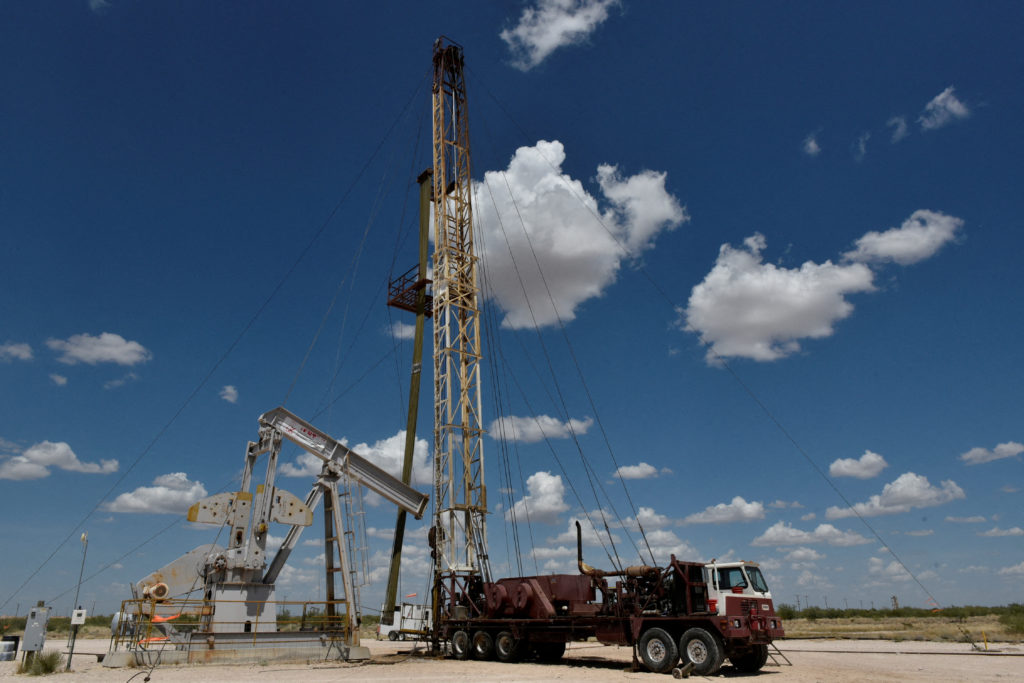

LONDON (Reuters)
Global oil prices fell on Tuesday (September 6) after a two-day rally as concern returned about weaker demand and the prospect of more interest rate hikes, trumping support from OPEC+’s first output target cut since 2020.
New COVID-19 lockdowns in China have added to worries that high inflation and rate hikes will hit demand. The European Central Bank is widely expected to lift rates sharply when it meets on Thursday.
Brent crude was down $2.67, or 2.8 per cent, to US$93.07 at 1210 GMT. West Texas Intermediate (WTI) fell from Monday’s trading to US$86.61, down 26 cents from Friday’s close. There was no settlement on Monday, the US Labor Day holiday.
“The OPEC+ news is now in the market and the focus has temporarily shifted to economic and inflationary concerns amongst which the two relevant factors are the extended COVID lockdowns in China and Thursday’s ECB rate decision,” said Tamas Varga of oil broker PVM.
“Undoubtedly, they raise fears of demand destruction.”
On Monday, the Organization of Petroleum Exporting Countries and allies led by Russia, known as OPEC+, decided to cut their October output target by 100,000 barrel per day. Prices rose on Friday ahead of the meeting and on Monday after the decision.

“The decision to reverse the 100,000 barrel per day increase in September was more symbolic than fundamentally significant,” said Craig Erlam, an analyst at brokerage OANDA. “But it will make traders think twice about driving prices lower in the way they have recently.”
As a result of the Labor Day holiday, weekly US inventory reports from the American Petroleum Institute (API) and Energy Information Administration (EIA) will be released on Wednesday and Thursday, a day later than usual.
Oil soared close to an all-time high of US$147 in March after Russia’s invasion of Ukraine exacerbated supply concerns. Concerns of a recession in the West, soaring inflation and interest rate hikes have since weighed.
After the ECB’s meeting, a US Federal Reserve meeting will follow on September 21.
Lending oil some support on Tuesday were signs that an agreement to resurrect Iran’s nuclear deal with world powers was less imminent, delaying any return of around 1 million bpd of Iranian crude to the market.
The European Union’s foreign policy chief said on Monday he was less hopeful about a quick revival of the deal.







Comments